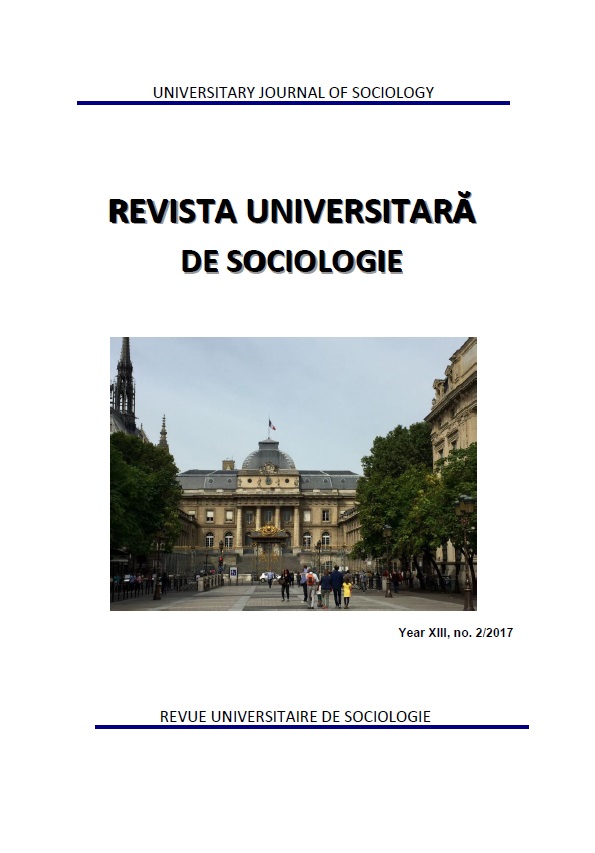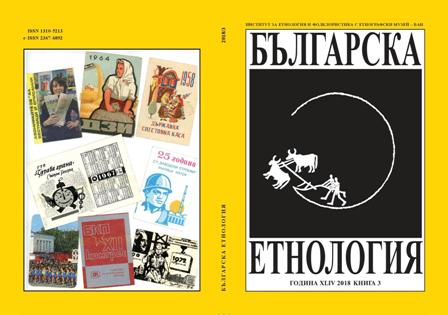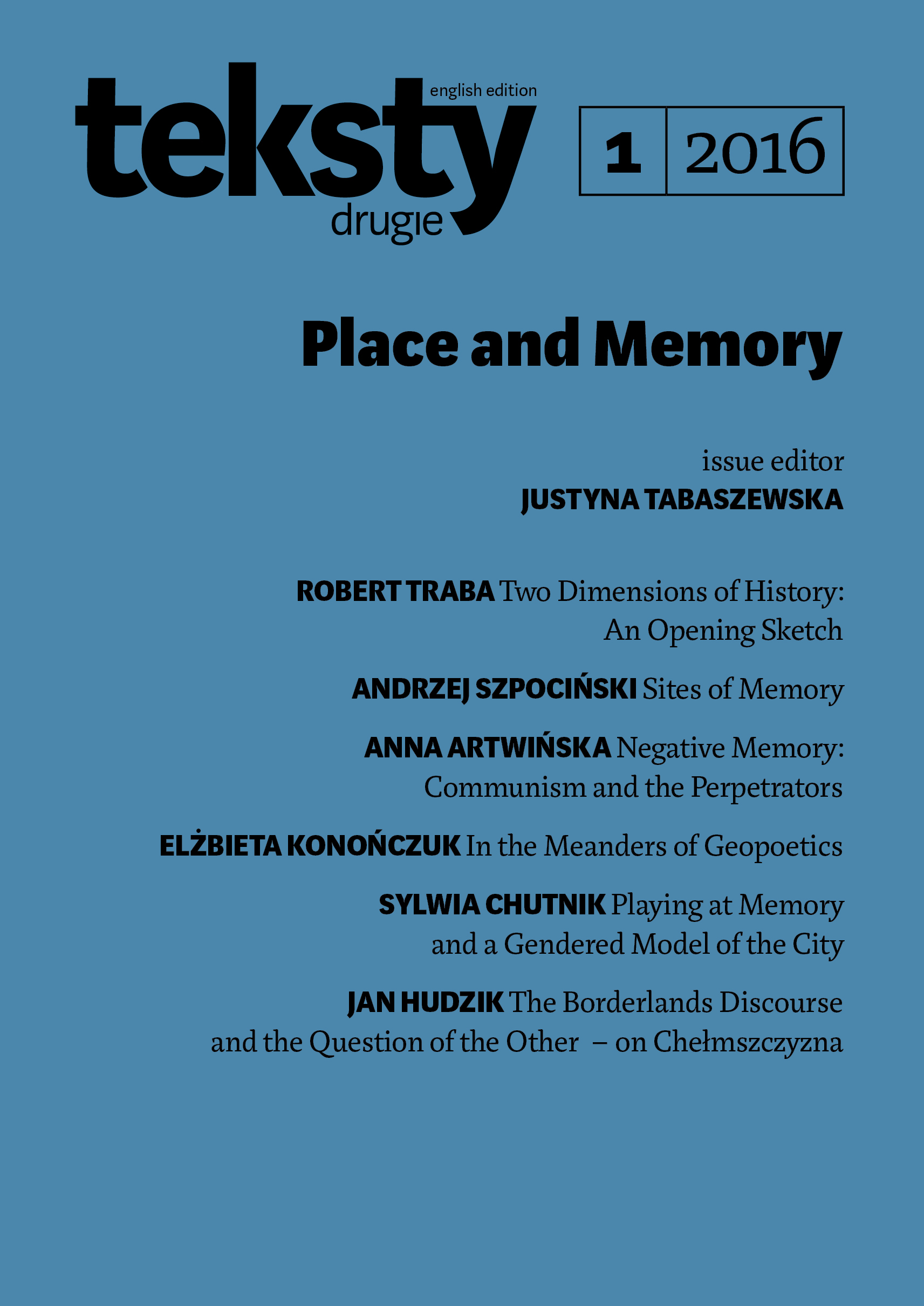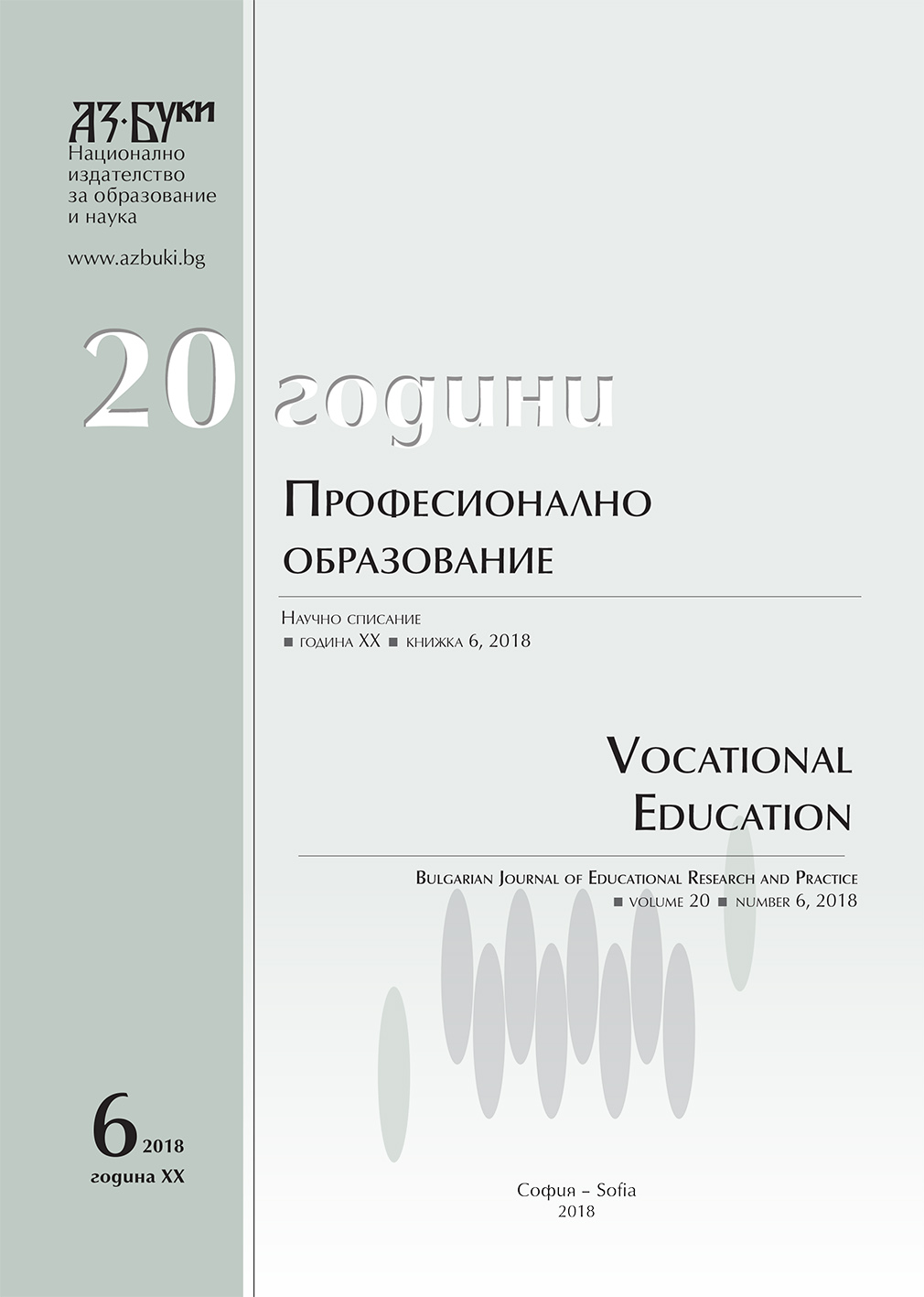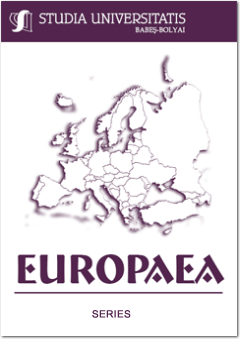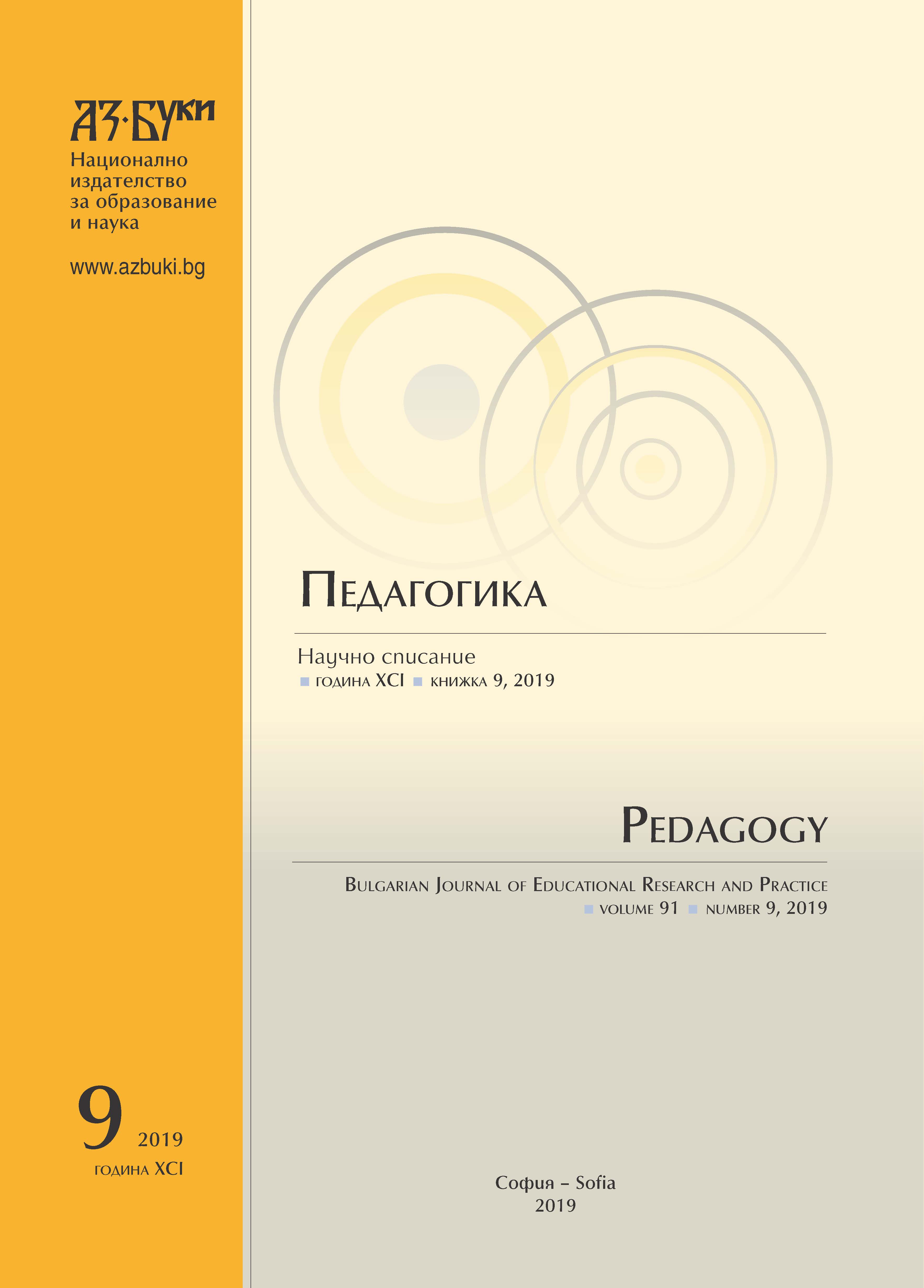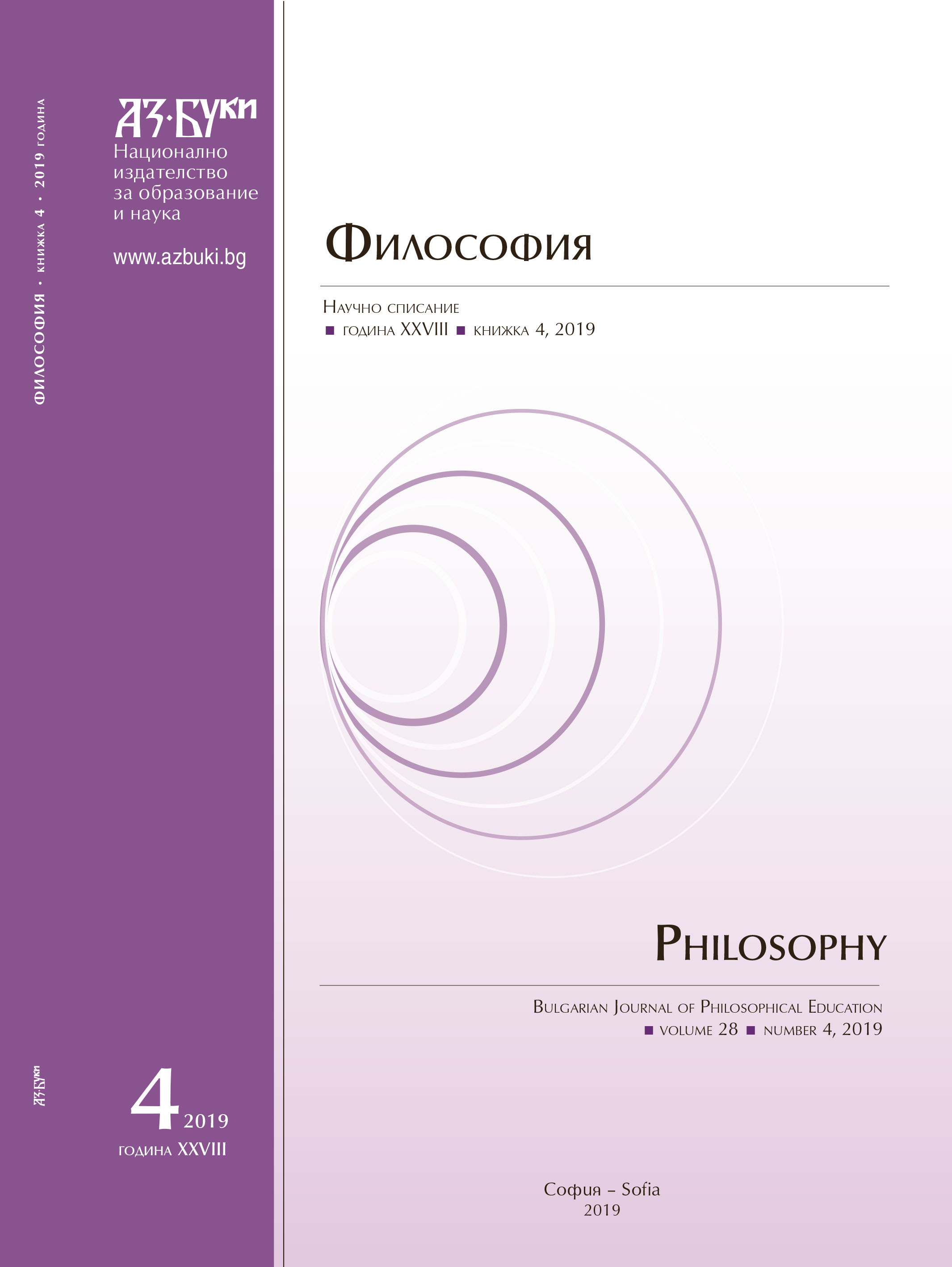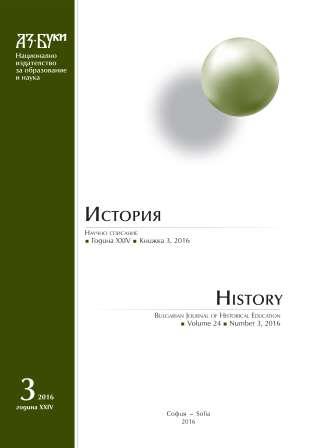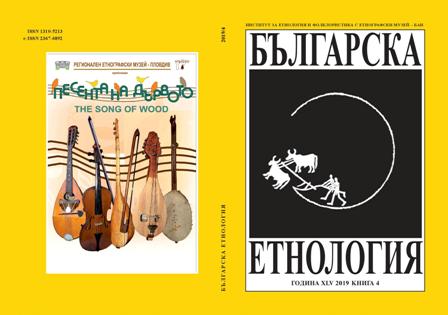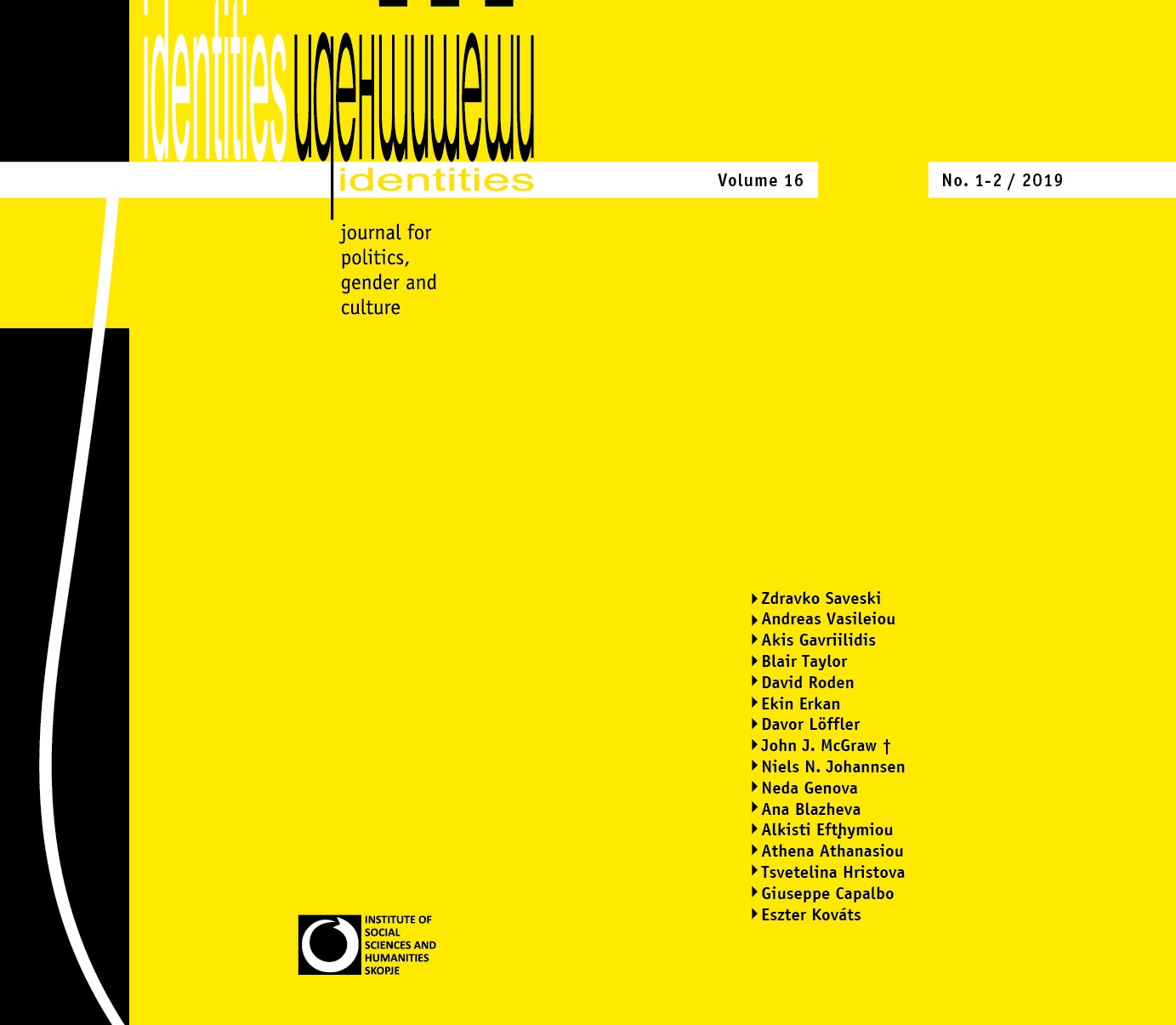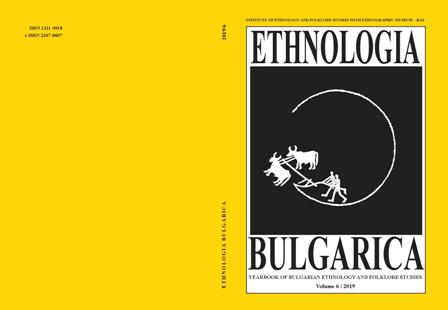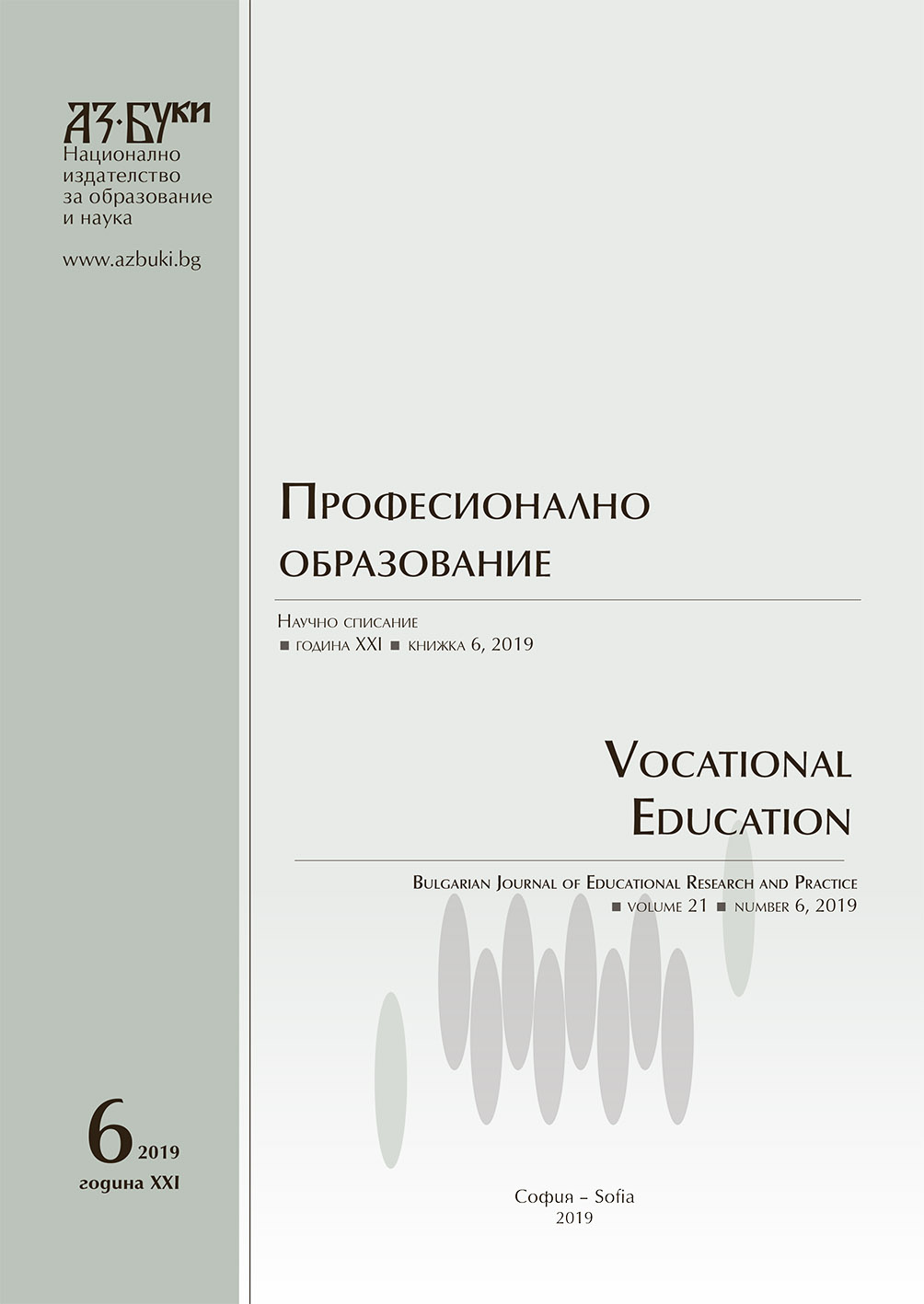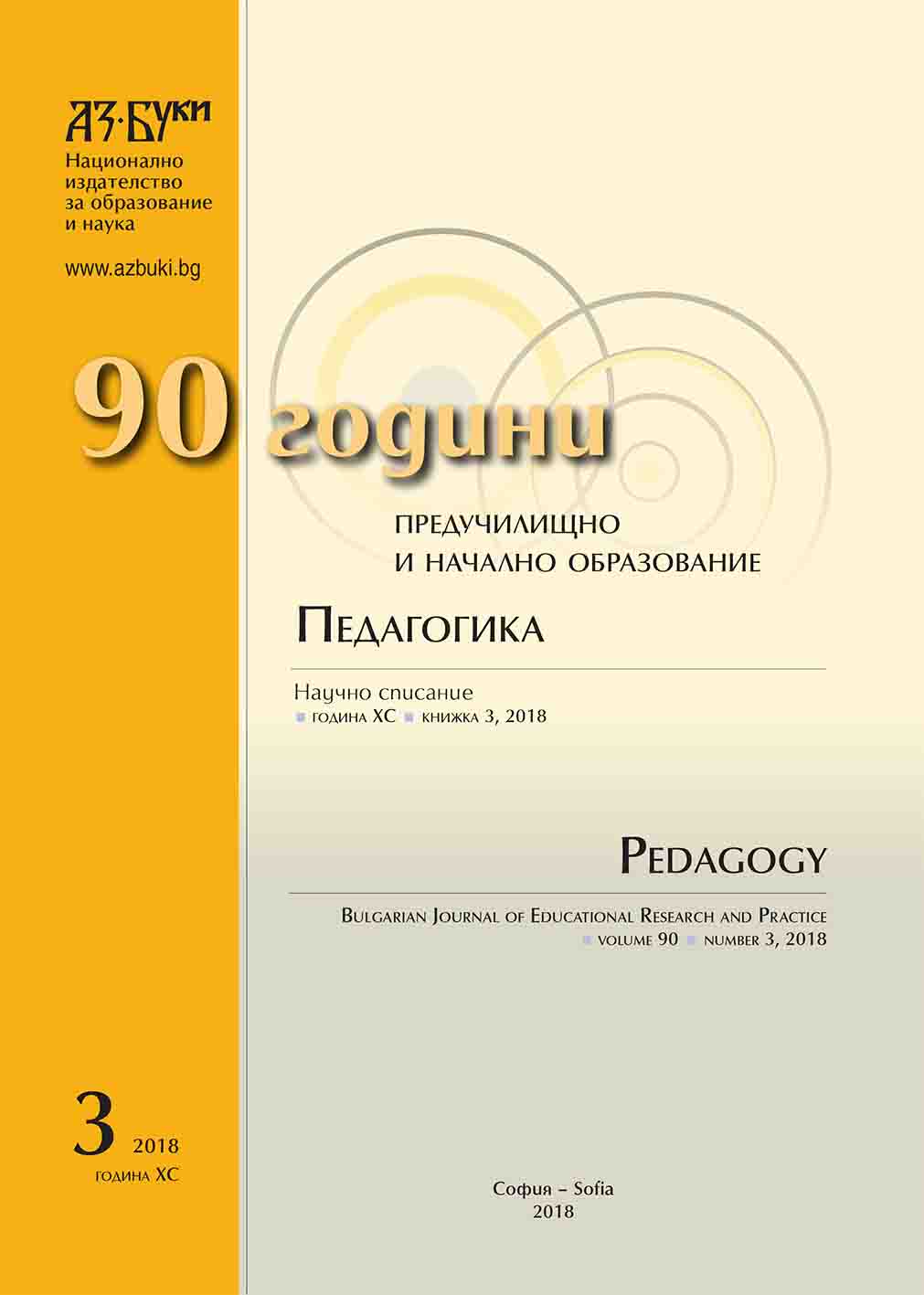
Възможности на работодателите за подготовка на персонала
The article presents opportunities for employers to organize the staff teaching by using legislation in support of employability and staff’s qualification, out-of firms teaching organizations, as well as in-service on the work place training. The experience of the State enterprise “German-Bulgarian VET Center” is presented as one of the best teaching organization in Bulgaria, with high quality of the offered educational services. The conditions and technologies of the construction of one internal Center for in-firm staff teaching are outlined as a factor for keeping the human resources quality and competitiveness of the firm.
More...
